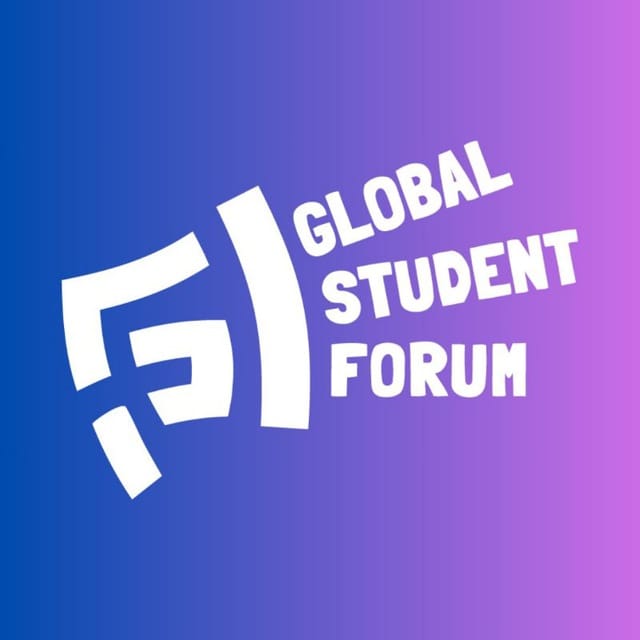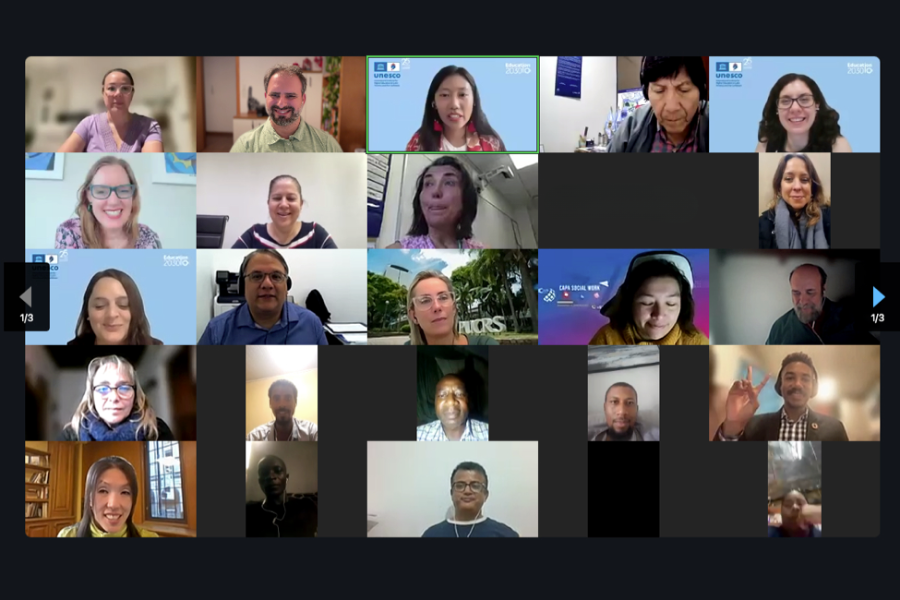The session, designed to explore the transformative potential of Artificial Intelligence (AI) in higher education, gathered a diverse group of stakeholders, including educators, policymakers, and student leaders, to discuss the challenges and opportunities AI presents.
Francesc Pedró, Director of UNESCO IESALC, opened the session by emphasizing the impact of AI on the educational landscape. "Artificial intelligence is reshaping the landscape of knowledge production and sharing," he remarked, urging stakeholders to equip themselves with the tools and strategies necessary for meaningful engagement with AI in education.
Representing the voice of students, Jacob Blasius, Executive Director of the Global Student Forum, stressed the importance of critical thinking in navigating AI's integration into education. He underscored the need for inclusive discussions on how to harness AI as a positive force, ensuring that its benefits are equitably shared among all students.
The session also addressed the ethical implications of AI in education, with Arianna Valentini, Senior Analyst at UNESCO IESALC, highlighting the risks of bias and exclusion. Additionally, Daniele Vieira, Lead of Gender Projects at UFPE, called attention to gender disparities in STEM fields and leadership roles in academia, advocating for initiatives that promote gender equality in these areas.
Key Recommendations
Breakout sessions during the training led to several key recommendations, including:
- Promoting gender equality in STEM and leadership positions.
- Designing AI algorithms that minimize bias and discrimination.
- Ensuring all stakeholders have access to digital tools and infrastructure.
These discussions emphasized AI's potential to personalize learning, innovate pedagogical practices, and advance research, while also calling for ethical governance and multi-stakeholder collaboration.
The session highlighted the need for continued dialogue and partnerships to integrate AI into education in a way that is ethical, inclusive, and sustainable. The GSF remains committed to engaging in these discussions and advocating for a future where AI enhances educational equity and access for all students.








